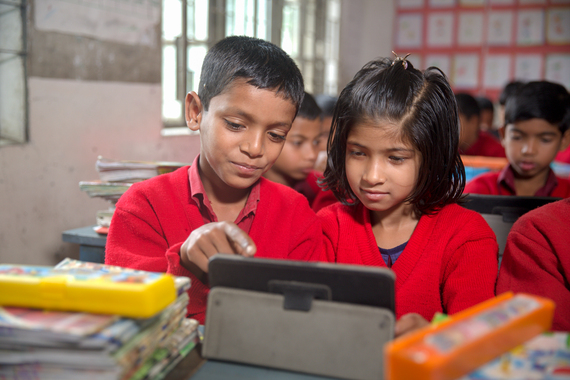Social media causing Bangladeshi students' sleep problems: Study

A new study has found that social media use is causing sleep disturbances among school students in Bangladesh.
Lead author of the study, Asaduzzaman Khan, said they have argued for limiting social media use among adolescents as a “pragmatic strategy” to improve sleep, which can improve health and wellbeing of adolescents in urban Bangladesh.
Khan is an associate professor of The University of Queensland, Australia and Chairman of Active Healthy Kids Bangladesh.
Prolonged social media use is linked to poor sleep among adolescents. However, little is known about these associations in developing countries.
“The aim of this study was to examine the associations of social media use with sleep duration and sleep disturbance among adolescents in Bangladesh.”
They used a “self-administered” survey to collect data on sleep duration and social media use from secondary school students in Dhaka. Parents then reported about their child’s sleep disturbances.
They found “for every 10 minutes/day increase in social media use during school days, the odds of reporting sleep disturbance increased by 14 percent”.
“The odds of reporting sleep ?7 h/day was increased by 3 percent for every 10 minutes increase in social media use during weekend days.”
Khan recommended limiting screen time for children, based on most of the global guidelines:
>> For children under 2 years old – zero screen time, including media and games on TV, smartphones or tablets.
>> For children aged between 2 and 5 – maximum one hour screen time per day.
>> For children aged between 5 and 17 - maximum two hours screen time per day.
WAYS FORWARD
Speaking to bdnews24.com, Khan said every child is different and one strategy may work better for one child than the other.
He gave some tips that may help parents set healthy limits for their child.
1. Make it clear to your child that screen time is a privilege that needs to be earned, and can be taken away at any time.
2. Encourage physical activity – going for a walk, playing a game, or helping mother in chores can help your child to be active and reduce the screen time.
3. Don’t allow electronics during mealtimes - shut off the TV during mealtime and don’t allow any screen use while eating. Instead, use the opportunity to discuss healthy screen use and talk about the danger of exposure to violent games on the screen.
4. Establish clear rules about use of electronics - having a set time when screens need to be turned off at night (e.g., no WIFI after 10pm) and removing screens from bedrooms.
5. Create screen-free timeslots per day - it could be weekly or monthly depending on situations.
6. Schedule family activities that don’t involve electronics – playing board games or going for a family outing but make it clear that there won’t be any electronic use during this time.
